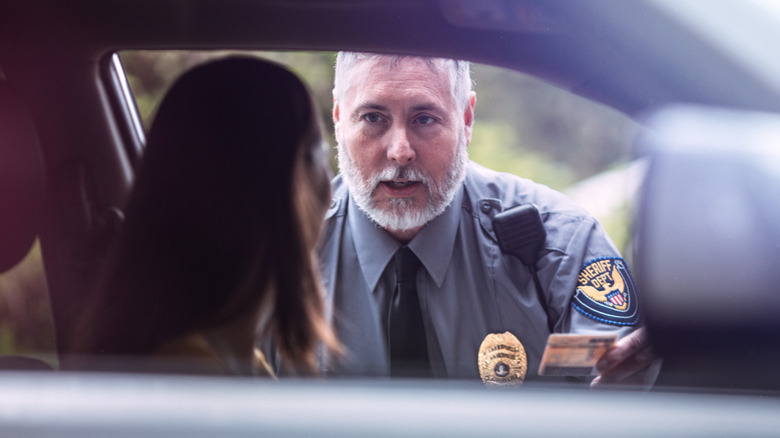Yes, A Speeding Ticket Can Spike Your Insurance Costs – Especially In These States
As it turns out, speeding tickets can cost you more than just the fine itself. Loan marketplace Lending Tree conducted a study of speeding tickets and found that they can lead to significantly increased premiums for drivers. The site used insurance rate information from publicly-sourced insurance companies, based on that of a hypothetical 30-year-old male with a clean record who drives a 2018 Honda CR-V EX with a full-coverage insurance policy. Rates were estimated both before and after this driver received a speeding ticket for going between 11 and 15 miles over the speed limit, a common speeding violation. Lending Tree also sourced speeding data from several traffic safety organizations and state governments.
What Lending Tree found was that drivers will pay a national average of $524.74 more per year after receiving their first speeding ticket, which works out to $43.73 per month. This was just an average, though, and tickets in some states added significantly more to an insurance premium than in others.
Leading the list is California, which saw a staggering 42.0% increase. That's $1,004.73 more annually on the hypothetical Honda driver's policy, taking the annual premium from $2,392.91 to $3,397.64. The second largest increase was 35.8% for Michigan drivers, taking their premium from $2,462.40 to $3,344.00, while Nevada came in third at 31.3%, increasing policy costs from $2,789.85 to $3,663.39. Given this, it's a good thing there are apps that can prevent you from getting a speeding ticket.
More on speeding tickets and insurance rates
Coming right after those top three states, the rest of the top 10 states with the highest insurance increases after a speeding ticket are Rhode Island, Arkansas, Oregon, Arizona, Illinois, Pennsylvania, and Colorado. The three states with the smallest rate increases are Florida at 12.4%, Texas' 12.5%, and a tie between North Carolina and New York, with increases of 13.4%.
Insurance rates increase after speeding tickets because insurance companies believe that drivers nabbed for speeding are more likely to have an accident. This would result in them having to pay out, something they dislike doing. This surcharge, as it's called, reflects insurers' belief that you now have a higher accident risk, justifying that higher premium. Another finding of the Lending Tree study is that the youngest drivers are hit with the biggest rate hikes, more than double those of older drivers.
Another consequence of traffic violations, like a speeding ticket, can be points on your license, a practice currently used by 40 of the 50 states. Accumulating too many points can result in the suspension of your license. If you do get a speeding ticket, the good news is that there are ways to improve your driving record. And if you still want to drive fast but not risk a ticket, consider driving in those U.S. states with the highest speed limits.

